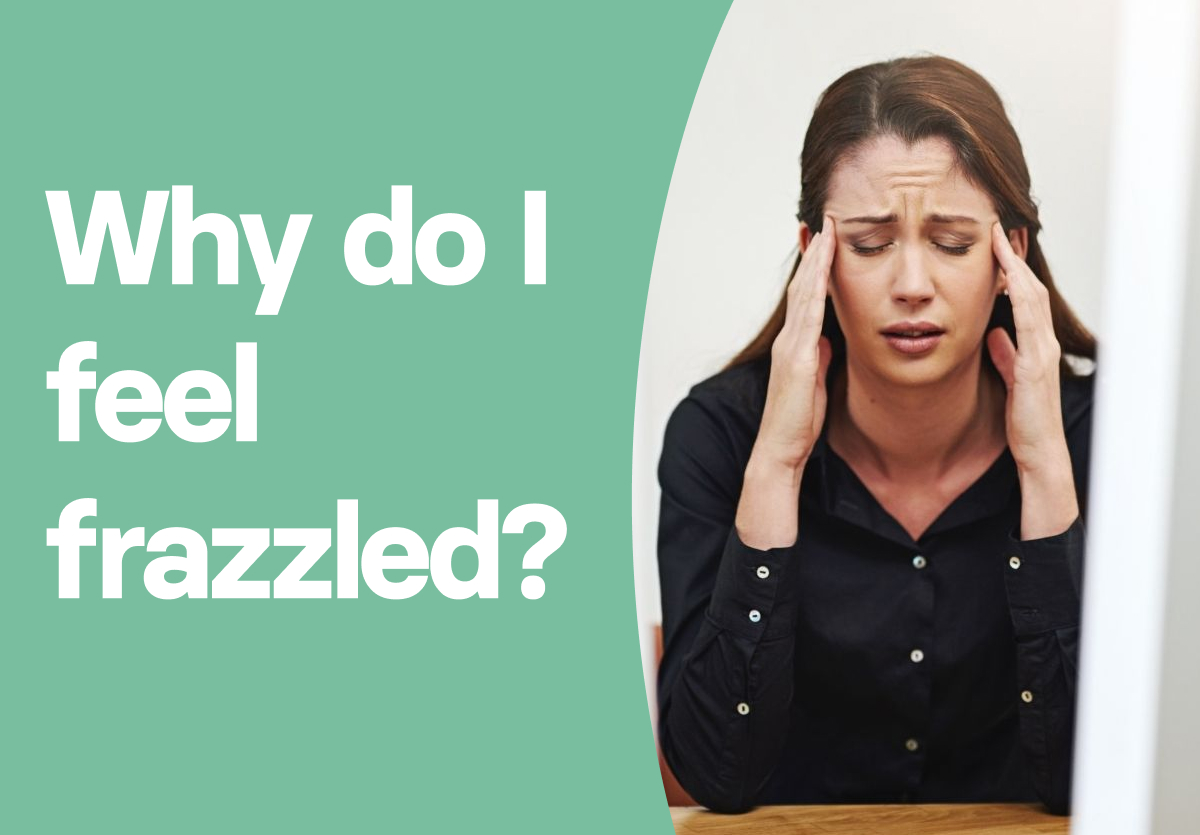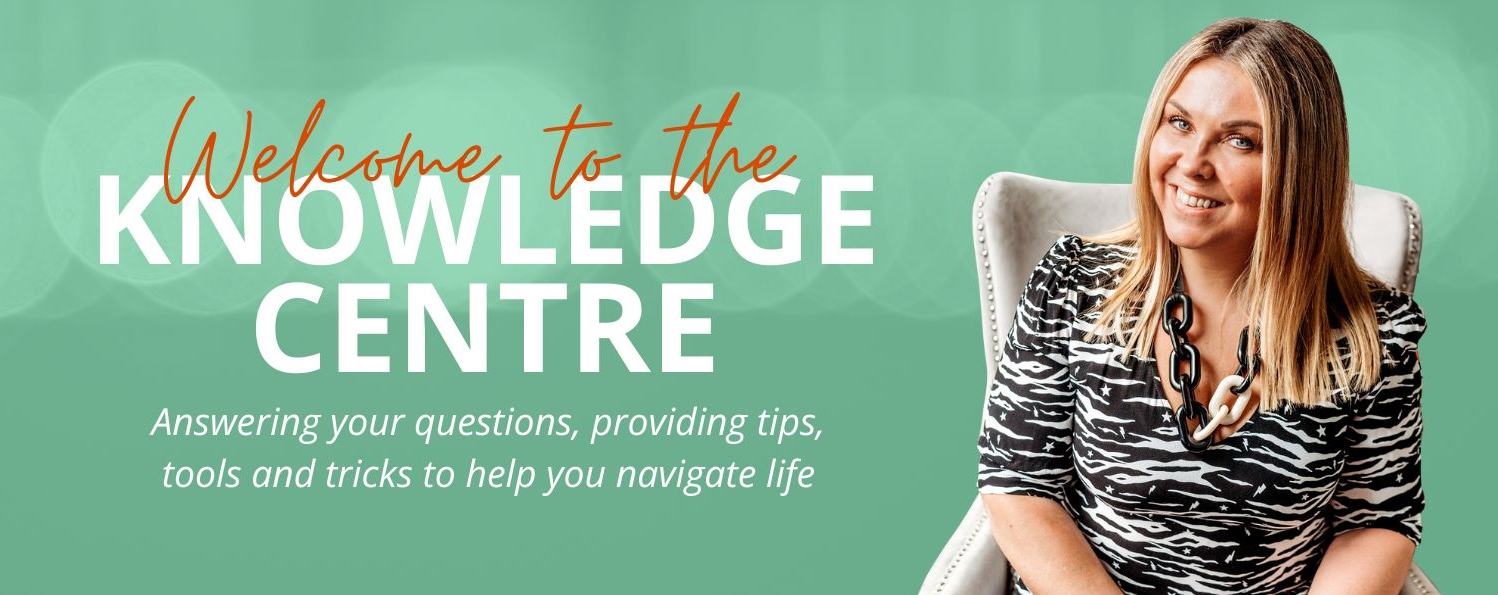
I’ve always been able to recognise a stressed individual in the workplace. They are usually the ones who growl when they put the phone down, they drink copious amounts of coffee and are often chained to the desk morning, noon and night trying to get through the mountains of work they have taken on.
I have periods of stress too, when I take on too much (self-inflicted always), I don’t allow myself time to smell the roses for fear of not hitting the ridiculous goals I often set myself or I’m working through some of the tougher elements of my past.
Because I know how stress feels, I know what to look for in myself and others. The international Stress Management Association describes stress as ‘an adverse reaction people have to excessive pressure or other demands placed upon them’
Let’s understand what happens when we are stressed. Stress is a feeling that is created through a hormonal reaction in the nervous system called ‘fight or flight’. In my parent’s era people suffered with stress but were more likely to refer to it as ‘having problems with my nerves’ – think Dot Cotton from Eastenders.
When we are stressed, either emotionally or physically, the part of the brain responsible for perceiving threats remains on red alert, triggering fight or flight responses over again throughout the day. Our bodies are not designed to cope with continuous perceived threats; in the stone age a caveman would be able to retreat to his cave and rest after he had made his chase and caught the prey, giving his body time to calm down. Many of us don’t allow ourselves to rest and so we continuously trigger fight or flight, becoming hyper vigilant and waiting for the axe to fall, thinking every email or call will be another problem to solve (i.e. a threat).
Each time we trigger the fight or flight response we release adrenaline and cortisol into our bloodstream. The heart beats faster (something often mistaken for anxiety), blood pressure increases, the muscles tense and digestion slows down.
If you are experiencing the early signs of stress, cortisol becomes elevated and you will be feeling Stressed & Wired. During this phase you’ll be overwhelmed, experiencing unexplained panic and your confidence will take a dip. Stage one of stress also produces irritability and you may find yourself snapping at people. You’ll have a sense of being out of control a and on edge. If this stage is left unmanaged it can progress to stage two.
During stage two of stress you’ll be feeling very tired but still wired. You’ll be trying to do more and more but it will feel like you have cement in your shoes. Your weight will be difficult to sustain, and you may well be gaining weight around your middle and between your shoulders or developing the tell-tale ‘moon face’ which accompanies increased cortisol. Sleeping will prove difficult and your REM sleep will take a nose-dive. You’ll be more prone to relying on additions such as alcohol, drugs, sex, porn, gambling or binge eating in order to create a temporary break from the relentless frazzled feeling. Sadly, the addictions create even more stress due to them often creating procrastination.
It’s important to tackle stress before it reaches stage three because at this point, you’ll be at burnout, physically and mentally exhausted and no doubt you’ll be signed off work due to an ability to cope. This is the stage that can be accompanied with depression and other conditions such as allergies, hypo-thyroid and low immunity.
You can use the DASS questionnaire (Depression Anxiety Stress Scale) to determine which level of stress you may be experiencing.
Here’s some things you can do to reduce stress levels on your own:
• Reduce your time on devices, particularly in the evenings
• Spend some time each day walking in the fresh air
• Write down 3 things you are grateful for each day (hugely underestimated intervention)
• Use an app like ‘CALM’ to practice short bursts of meditation
• Learn Self-Hypnosis
• Eat healthy fats and proteins to reduce sugar cravings
• Practice reframing of negative thoughts
And most importantly, avoid the terminology that associates who you are with how you feel so don’t say ‘I am stressed.’ You may feel stressed but it’s not who you or your identity. Dissociation here is key.
I have devised programmes specifically to help people at each level of stress so do get in touch if you would like to talk through.

